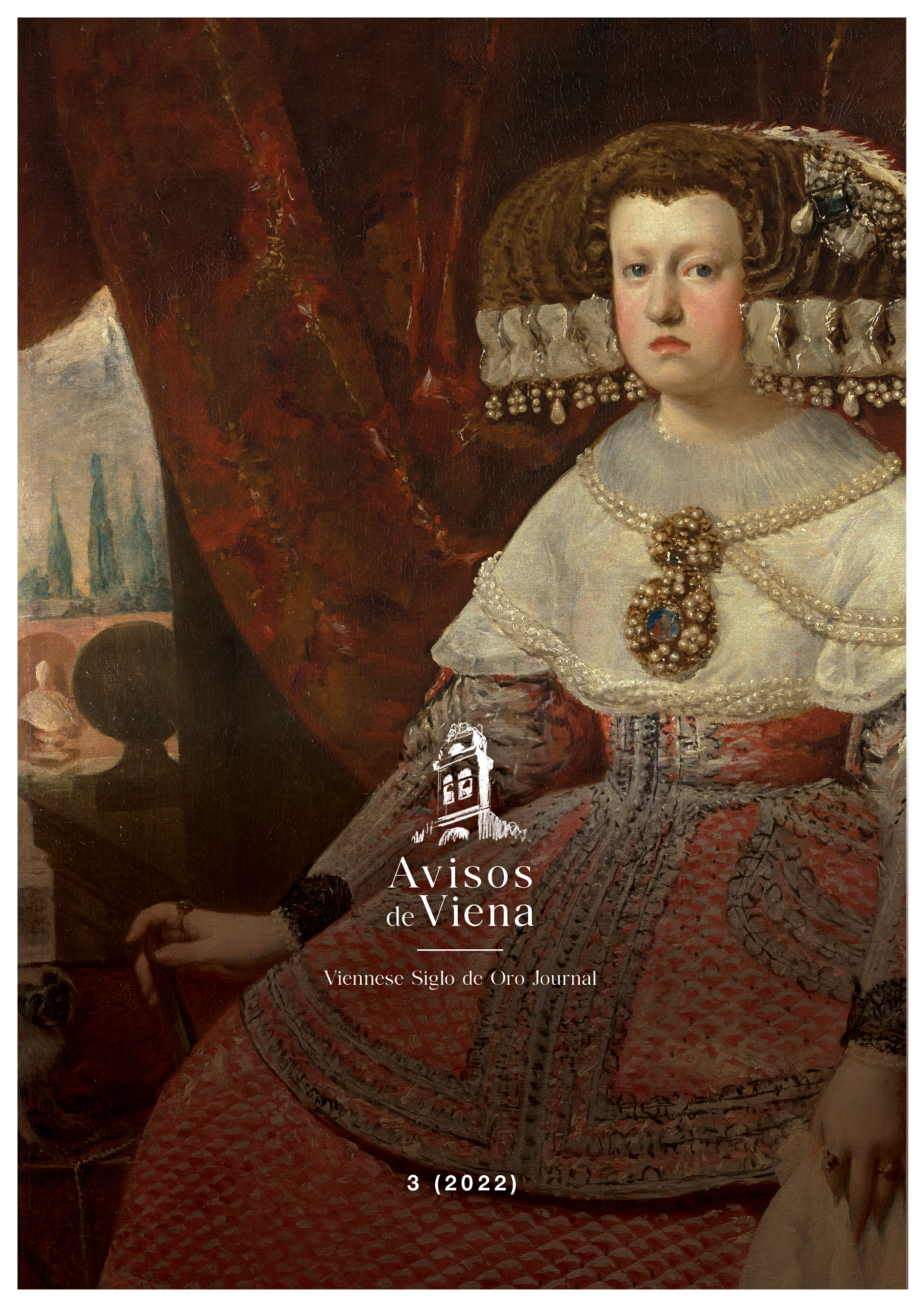«Buscad mujer que no para»
Imágenes satíricas del parto en pliegos de cordel
DOI:
https://doi.org/10.25365/adv.2022.3.6584Keywords:
Spanish broadside ballads, Childbirth representation, Gender dynamics, Satirical narratives, Power structuresAbstract
The article delves into the realm of Spanish broadside literature, examining its portrayal of childbirth through satirical lenses. It explores how these ballads, circulating prolifically for over five centuries, constructed cultural narratives around gender roles and power dynamics. By focusing on burlesque romances that mock women and present childbirth as a male trial, the study reveals the inversion of reality embedded within these texts. Through a critical analysis of popular printed literature from the 17th to 19th centuries, the article unpacks how gender imbalances were reinforced through humor and satire. It raises questions about audience reception and the complex interplay of societal norms and individual interpretations. Ultimately, the research sheds light on the multifaceted nature of Spanish broadside ballads as a mass communication medium, challenging simplistic interpretations and highlighting their role in shaping cultural perceptions.
References
Baldellou, Daniel. El ascenso a la masculinidad: mujeres transgresoras en la literatura popular del siglo XVIII. Cuadernos de Ilustración y Romanticismo, 21, 2015, pp. 205-236.
Farge, Arlette (ed.). Le miroir des femmes. Paris, Montalba, 1982.
Gomis, Juan. Porque todo cabe en ellas: imágenes femeninas en los pliegos sueltos del siglo ilustrado. Estudis. Revista de Historia Moderna, 33, 2007, pp. 299-312.
Iglesias, Abel. La representación de la mujer en las relaciones de sucesos. Revista Internacional de Historia de la Comunicación, 2, 2014, pp. 1-22.
Resta, Ilaria. Cuerpo grotesco y carnavalización en el mito del hombre preñado: El parto de Juan Rana en clave bajtiniana. Arte Nuevo, 2, 2015, pp. 144-161.
Downloads
Published
How to Cite
Issue
Section
License
Copyright (c) 2022 Juan Gomis

This work is licensed under a Creative Commons Attribution 4.0 International License.
© Open Access, CC BY 4.0








